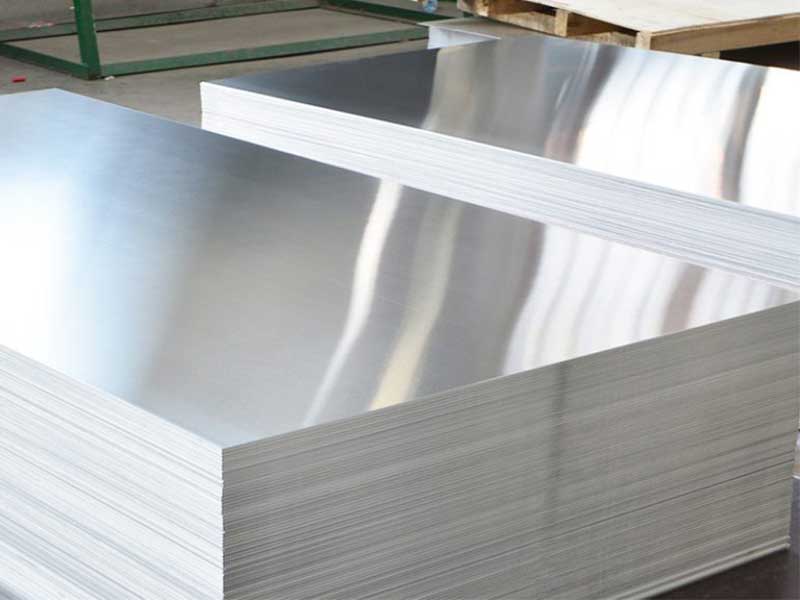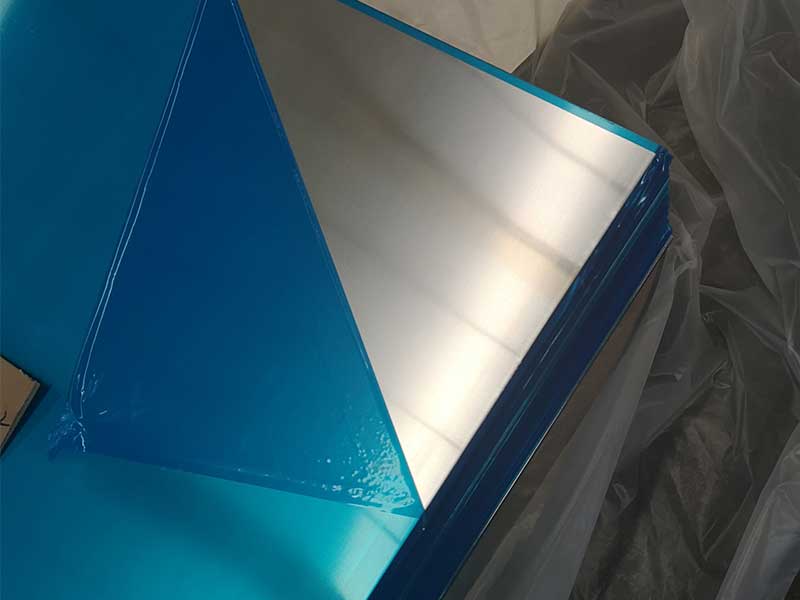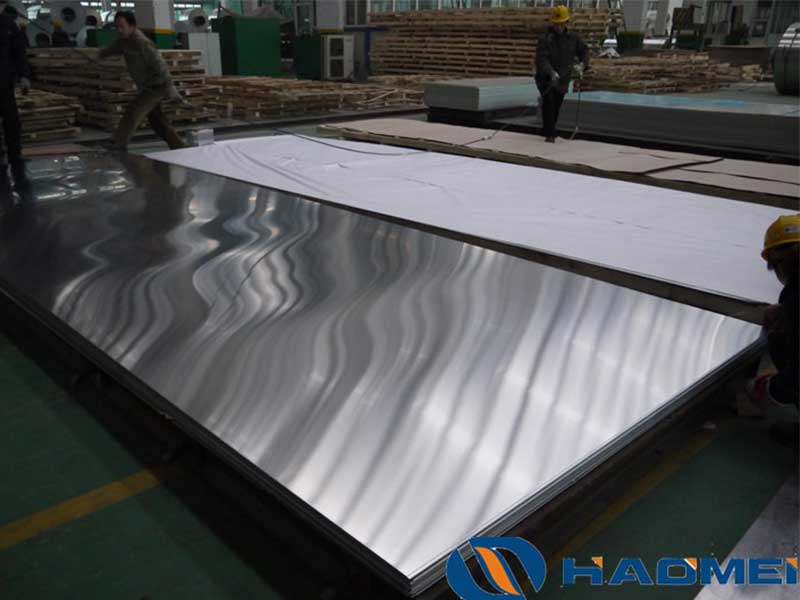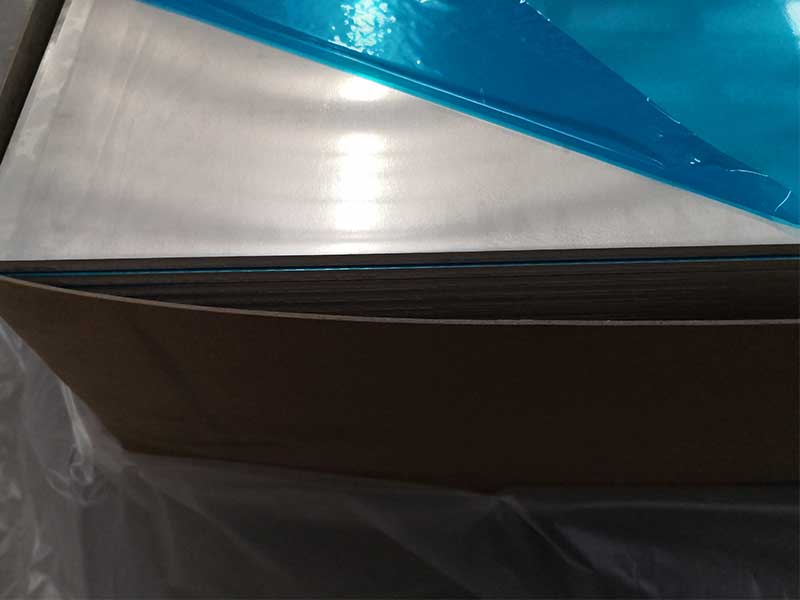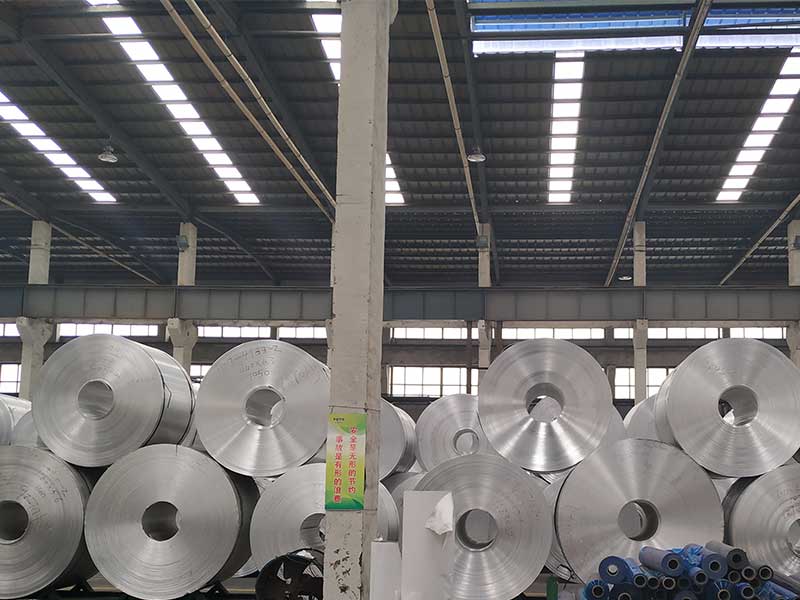When it comes to metallurgical applications, clad aluminum sheets have carved out a critical niche, particularly in the realm of brazing. Among the notable grades designed for this purpose are the 4004/3003 clad aluminum sheets. Whether you manage a production line or are engaged in HVAC applications, the features, technicalities, and applications of these alloys is crucial.
What is Clad Aluminum Sheet?
Clad aluminum sheets are composed of two distinct layers made from different aluminum alloys. The face and core facilitate distinct properties: the face layer offers excellent brazeability, while the core layer (usually aluminum 3003) provides strength and support.
Features and Benefits
Corrosion Resistance: Clad aluminum sheets demonstrate excellent resistance to corrosion, making them ideal for various applications in humid environments.
Superior Brazing Performance: The thickness and composition of the clad layer perform commendably through thermal applications, ensuring effective heat transfer and mechanical strength.
weight Efficiency: Aluminum alloys are notably lightweight, aiding in reducing the overall weight of a final product without sacrificing integrity or performance.
Versatile Applications: From automotive radiators to heat exchangers in air-conditioning systems, equipped industries find clad aluminum sheets indispensable.
Technical Details
Chemical Composition
The chemical composition of the 4004 and 3003 series of clad aluminum sheets is pivotal to its properties and overall performance. Below is an analytical breakdown.
| Alloy | Al | Si | Fe | Cu | Mn | Mg | Cr | Zn | Ti | Others | Total ABS. |
|---|---|---|---|---|---|---|---|---|---|---|---|
| AL 4004 | 94.0% | 5.5% | 0.3% | 0.2% | 0.15% | - | - | 0.5% | 0.2% | 0.5% | 100% |
| AL 3003 | Min 98.0% | 0.12-0.35 | 0.8-1.5% | 0.05-0.20 | 1.0-1.5% | - | - | 0.10% | -28 | 0.5% | Total 100% |
Technical Specifications
Below are technical specifications that narrate the performance capabilities of clad aluminum sheets in both high-heat and load-bearing applications.
| Parameter | Specification |
|---|---|
| Thickness Range | 0.5mm - 3.0mm |
| Width Range | Up to 1500mm |
| Length Provided | Custom - standard up to 3000mm |
| Annealing Temp. | 330°C-510°C |
| Brazing Temp. | 550°C - 600°C |
| Density | 2.7 g/cm³ |
Alloy Tempering Conditions
Clad aluminum sheets, especially made with 4004 and 3003, require precise tempering conditions to maintain their transformative performance in work settings.
| Temper | Condition | Application |
|---|---|---|
| H12 (Work-Hardened) | 0.4% - 1.2% solution hardening | Lightweight applications |
| H14 | Recrystallization approval uhdebben | Supporting stress load-bearing projects |
| H18 | Fully annealed particularly for 4004 | Extensive thermal applications |
Applications
Automotive
In automotive engineering, primarily with vehicle heating and cooling systems, clad aluminum sheets stacked with temperature-stabilizing cores function efficiently, helping maintain thermal regulation.
HVAC Systems
Heat exchangers often utilize these sheets for their scalability, capacity to handle diverse heating fuels, and reliability in longevity through varied cycles.
TRC Systems
Transportation refrigeration might compel stainless-steel performances up against stressful freight conditions. Thanks to the thermal efficiency of clad aluminum sheets, energy losses are minimized in TRC systems.


